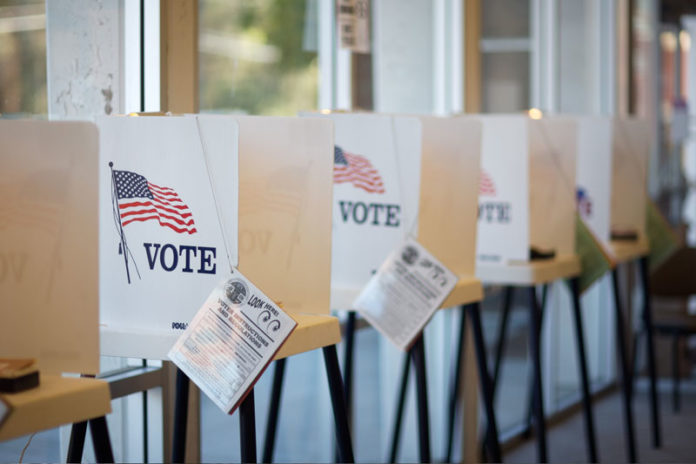Shocking new allegations of voter fraud could have tipped the 2016 presidential election in New Hampshire, according to reports.
New Hampshire, which is a swing state that borders two of the most liberal states in the country—Massachusetts and Vermont—is under fire for its same-day voter registration policy.
Under New Hampshire’s current law, a resident of the state can register to vote on Election Day. While that helps cut red tape and ensure that more legal voters can vote, it also has a downside: it makes it harder to find out if someone is actually legally allowed to vote.
In the November election, 6,540 voters in New Hampshire registered to vote on Election Day but didn’t have a New Hampshire driver’s license—and had to use an out-of-state license in order to have identification at their polling place.
New Hampshire voters have 60 days to get their driver’s licenses–but only 1,014 did by August 2017, more than 10 months after the election. That means that the 5,313 who did not were likely not actually residents of the Granite State.
While 5,313 voters is not a huge number, it would have been enough to swing the state’s four electoral voters to Hillary Clinton—given the razor-thin margin, and the state’s relatively small population.
Four electoral votes, obviously, wouldn’t have won Clinton the White House—but it could still have major implications for American politics in the U.S. Senate. The margin of victory in New Hampshire’s Senate race for Democratic challenged Maggie Hassan—who narrowly beat Republican Sen. Kelly Ayotte—was just 1,017 votes.
If even 60% of the likely out-of-state votes went to Maggie Hassan—which seems likely, considering the ideological bent of Vermont and Massachusetts—Ayotte should not have lost her seat. And had she won, Republicans would have had one additional seat in the U.S. Senate for close votes—like the Obamacare repeal, which lost by just one vote.
Ultimately, it’s unlikely that voter fraud would have changed the presidential race—but in smaller races, like the match in New Hampshire, it’s clear that even small amounts of voter fraud can have massive implications on the nation as a whole.




























